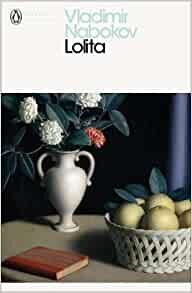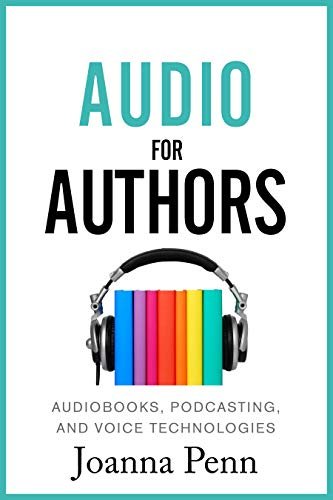I’ve been experimenting with an application that turns blog posts into podcasts. It’s not perfect, but it’s not bad.
As you meander through the articles on the site, you’ll come across some with a “Listen” button at the top and an embedded audio player. If you use the latter then you can listen at a faster speed, and download the file if you wish.
The most recent articles I’ve “audio-ized” are:
Creative Writing Experiment In Structure: Unforeseen Consequences
and
How To Have Blog Posts Come To You (Instead Of Having To Go To Them)
Enjoy!
Articles with a “listen” option:
If your interest in the Oulipo goes beyond simply trying out their techniques, and you wish to learn about the context in which it was conceived and the developments in went through, you will find this book very useful.
I wrote this article in 2020. Having read it again, I still agree with the views I expressed then. In fact, I’d go further. When anyone who has achieved the benefits potentially offered by X tells you that you don’t need X, I think a huge dollop of cynicism is in order.
Why I can’t read Lolita, but am reading Nabokov’s short stories.
It seems to me that for satire to work it has to walk a fine line between being so close to reality that it’s not funny, and so far-fetched that it’s not credible.
These days it’s as difficult as it is daft for writers to ignore the benefits of using audio applications.
One of the few good things about fracturing my right elbow on the 21st of August 2021 was that I was finally forced into experimenting with dictating articles instead of writing them.
Yesterday I published a blog post entitled Books of 2020, a list of the books I’ve (mostly) read in 2020. Well, it’s a bit of a long read at around 4,000 words, so I’ve created an audio version of it as well.
These are the books I’ve encountered in 2020. I’ve read most of them, and reviewed many of them.
(Amended) The pages in my copy are marked (in pencil of course) all the way through, to highlight wonderfully-crafted sentences.










There are two broad kinds of style guide. There is the generic type, containing advice on such things as whether to use “different from” or “different than”. And there is the specific type, ie specific to a particular publication. For example, should “internet” be spelled with a lower case “i”, or as “Internet”?. The specific style guide will tell you.